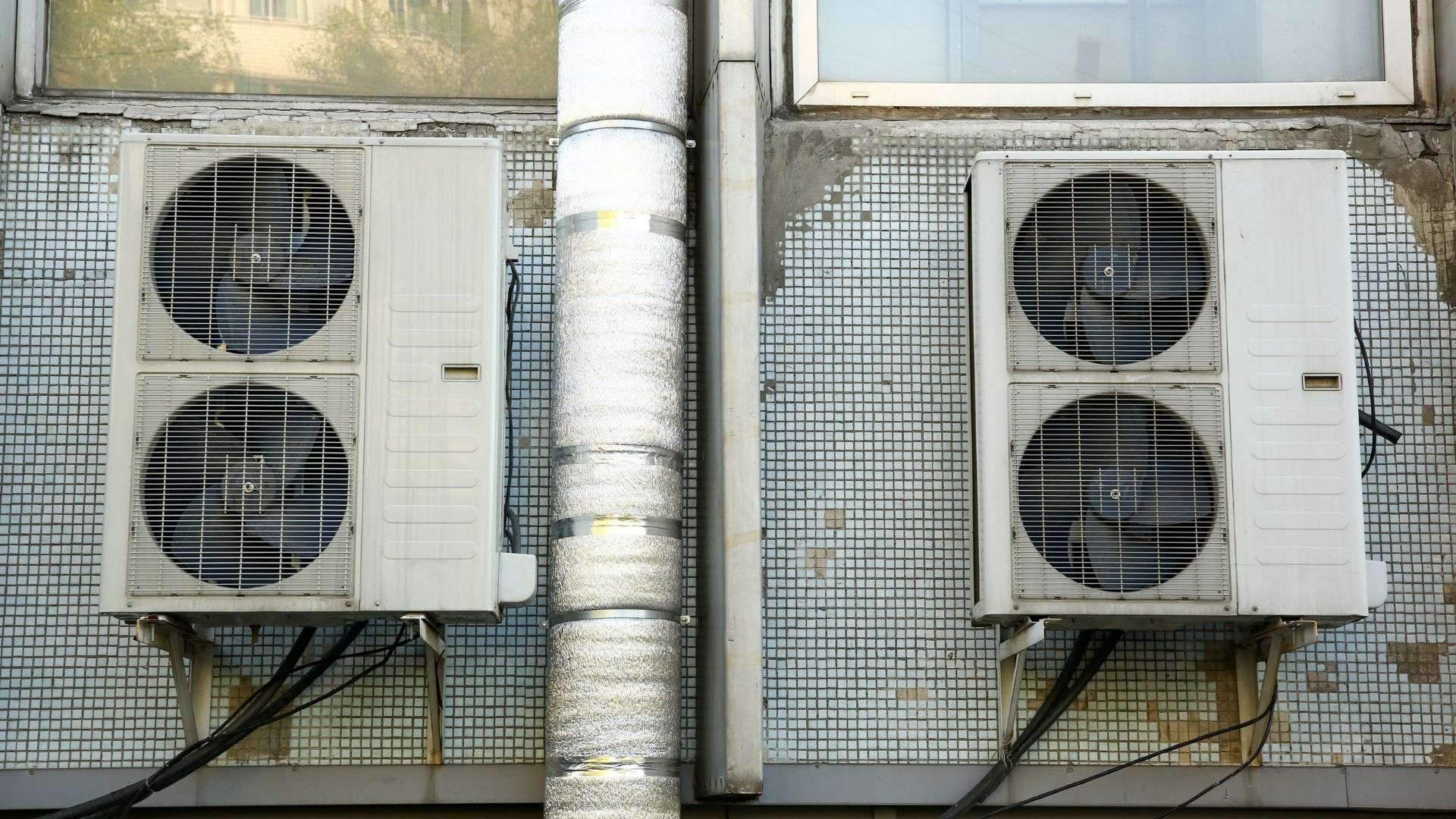
Your HVAC worked fine last summer. Now, it just takes hours to cool. Or is it that strange thumping sound that is worrying you? Is it cutting off abruptly and without any notice? If so, the HVAC capacitor may be to blame.
At GreenWorks, we deal with such issues every day. Our certified technicians know what to look for and will get it fixed fast. A failing HVAC capacitor could mean any number of things—from the power not coming through to the fan not spinning or even the system not performing. Let us discuss the function, the possible mishaps, and our remedial interventions.
What Is the HVAC Capacitor, and How Important Is That?
It helps your equipment get off its rear end and run. Think of it as a battery charging an air conditioner with that initial jolt to start working. Without the capacitor, the system will continue to have great difficulty or an outright back-and-forth refusal to cooperate.
Two types:
- Start capacitors: Encourage the system to start.
- Run capacitors: Sustain the engine running optimally.
Some possible HVAC capacitor failures would lead to the following
- The AC fails to start.
- Less airflow.
- Humming sound coming from the unit.
- The blower fan isn’t working.
These are typical signs witnessed by an expert HVAC capacitor tech.
Turn to HVAC Capacitor in Case of Checking (As Tricky as It Is)
You should check this out yourself. You can do so, but without the right tools or experience, it’s dangerous. The capacitor stores a high-voltage charge even after being powered off. If you still want to learn about checking an HVAC capacitor, here are the basics
- Turn off all power to the unit
- Open the access panel
- With an insulated screwdriver, discharge the capacitor
- Use a multimeter with capacitance settings
An option with a lot less risk? Call GreenWorks AC. Our licensed technicians follow stringent safety protocols and check all system components, not just the capacitor. We frequently catch issues that get overlooked in a DIY inspection.
Replacing HVAC Capacitor: When and How We Carry It Out
Replacing an HVAC capacitor is one of our fastest repairs. Most jobs take less than an hour. If your system buzzes, has degraded airflow, or won’t start, consider this a signal for a new HVAC capacitor service.
Here is How GreenWorks AC Gets It Done
- We perform inspections and services on the same day
- Thorough diagnostics to avoid reoccurring problems
- Top-quality replacement parts with a longer lifespan
- Honesty in pricing—no surprises expected
We do not just swap the part and go. We will put your whole system through its paces to ensure it performs at its highest level. And yes, we use parts rated for long-term durability, not cheap substitutes.
Let’s Talk About HVAC Capacitor Replacement Costs
If you search for ” HVAC capacitor near me,” you’ll probably see quite a range in pricing. This is because HVAC capacitor replacement costs vary based on system type, part model, and technician experience.
At GreenWorks AC, capacitor replacements cost $120 to $250 for parts and labor. We discuss pricing from the beginning, so there are never any surprise fees or unapproved charges later on.
Need a quick response? Google HVAC capacitor near me, and GreenWorks AC is most likely the first to pop up. Above all others, it is trusted by most homeowners across the United States.
Final Thoughts
The failed HVAC capacitor may seem trivial however, it indeed cuts off the entire cooling system. If you’re facing anything with weak airflow or even no cooling, don’t hesitate! Whether it be HVAC capacitor replacement, bad capacitor symptoms of HVAC, or HVAC capacitor replacement costs, GreenWorks AC puts these all within easy reach.
Call for honest pricing and the best service on your new fix, same-day installation. Let’s get your system cool again.
FAQ
Can a malfunctioning capacitor interfere with cool air production from an AC?
This could very well be true if a failed capacitor halted the initial rotation of a fan or a compressor, then the whole AC would probably not maintain its cooling function. Since startup support failed, essential components ran absent, resulting in very poor or non-existent cooling action.
How do I tell if my HVAC capacitor is bad?
Warm air is out, the unit does not start, there are humming noises or more shut-offs than normal, and there is visually an obvious sign of swelling, leaking, or a bulging capacitor. The multimeter will confirm whether or not it is holding charge.
What is the common cause of a failed capacitor?
Poor quality design or components at the phase of manufacture lead to heightened potentials of field limit at the time of capacitor life. Natural high operating temperatures, excessive cycling, and voltage transients yield deterioration of the capacitor dielectric material with a corresponding decrease in efficiency until the capacitor becomes incapable of fulfilling its desired purpose.
